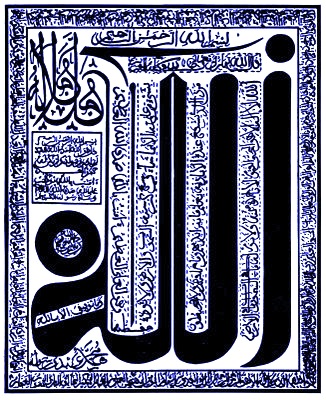كتاب الحكم - الحكم العطائية - إبن عطاء الله السكندرى
|
. . . . . . |
|
Islamic Pearls of WisdomEnglish translation of selected Islamic writings |
|
|
كتاب الحكم - الحكم العطائية - إبن عطاء الله السكندرى كتاب الحكم - الحكم العطائية - إبن عطاء الله السكندرى كتاب الحكم - الحكم العطائية - إبن عطاء الله السكندرى كتاب الحكم - الحكم العطائية - إبن عطاء الله السكندرى كتاب الحكم - الحكم العطائية - إبن عطاء الله السكندرى كتاب الحكم - الحكم العطائية - إبن عطاء الله السكندرى القصيدة المنفرجة (يا من يرى) لأبى العتاهية مختارات من أقوال الحسن البصرى إستغفارات الإمام حَسَن البصرى كتاب الحكم - الحكم العطائية - إبن عطاء الله السكندرى |
 |
|
الحَمْدُ لِلّهِ رَبُّ الْعَاَلَمِينَ وَالْصَّلاَةُ وَالْسّلاَمُ عَلَىَ أَشْرَفِ الأَنْبِيَاءِ وَالْمُرْسَلينِ
This site is dedicated to presenting a collection of English translation of selected Islamic writings, which are considerd the "pearls" of islamic thought. Included are selections of writings of authors from different times and different places to represent different schools of islamic thought, wisdom, and literature
|